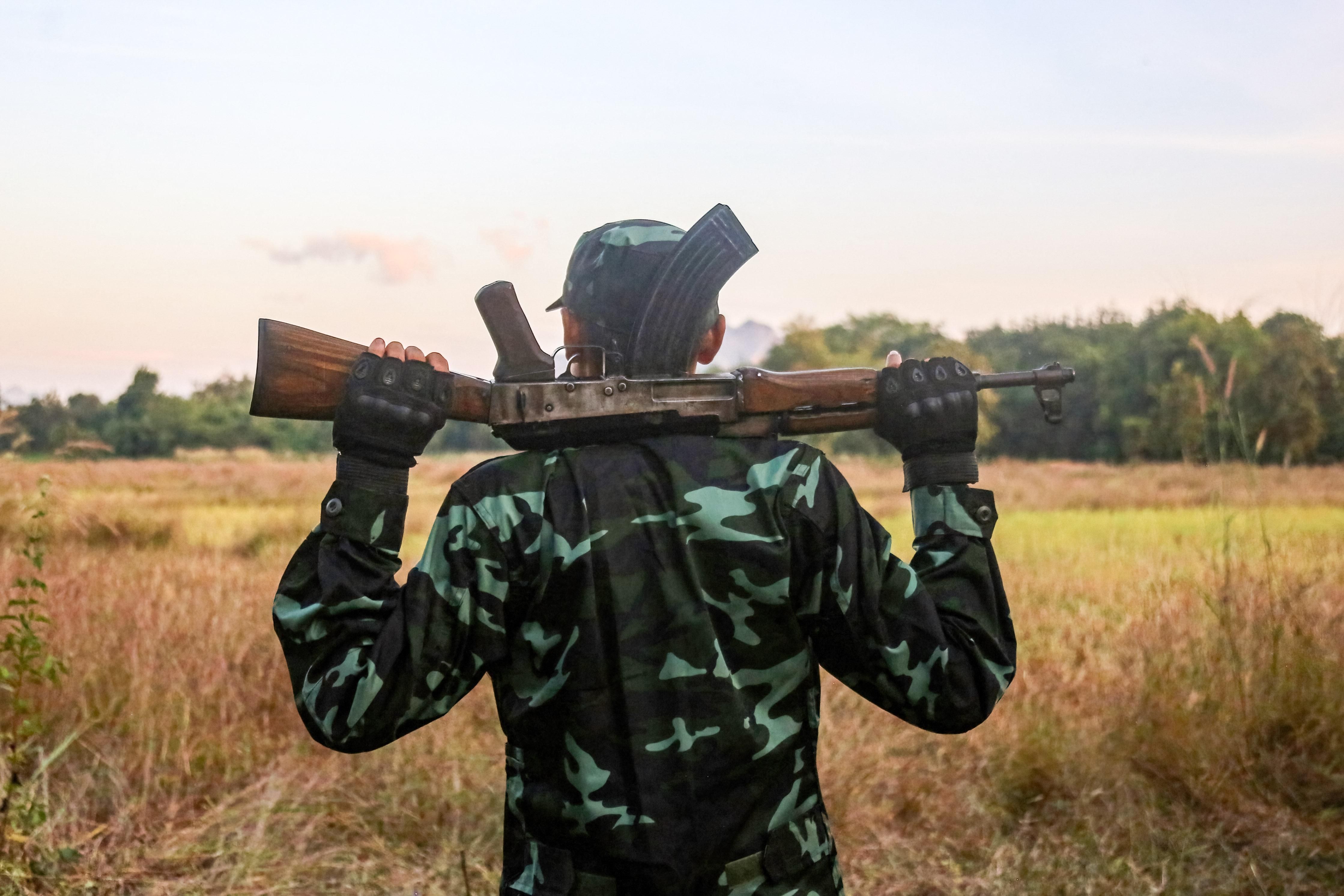Massacre of civilians in Myanmar. Myanmar experienced its worst single case of state-sponsored violence since the February coup on Christmas Eve, when the army gunned down more than 30 civilians — including women and children — and torched their vehicles in Kayah state. Several people are still missing, including two aid workers from Save the Children. It's unclear what prompted the attack, but it took place amid heavy fighting between the military and armed resistance groups in the area. Two weeks ago, soldiers had 11 civilians burned alive because they were suspected of belonging to an anti-junta guerrilla army. Both massacres show that the generals are not backing down in their campaign to wipe out those who oppose their takeover, which ended Myanmar's brief experiment with democracy after decades of military rule. The fighting has also recently intensified along the border with Thailand, whose hardline PM is one of the junta's few foreign friends but doesn't want a refugee crisis on his doorstep (and has already sent back thousands of migrants).
More from GZERO Media
US President Donald J. Trump signs executive orders in the Cabinet Room of the White House on March 25, 2025.
US President Donald Trump signed an executive order on Tuesday that aims to secure elections by requiring proof of citizenship to register to vote. The order aims to guard against illegal immigrants voting in elections and would require all ballots to be received by Election Day.
Wednesday’s tariff respite is firmly in the rearview mirror, as China announced on Friday it was raising its duty on US imports to an astronomical 125%, taking effect Saturday.
China's retaliatory tariffs could hit industries employing hundreds of thousands of Americans.
Have you stayed atop GZERO’s news coverage this week? Here's your chance to prove it.
Ukrainian President Volodymyr Zelensky says the Kremlin is trying to "drag out the fighting" by recruiting Chinese mercenaries.
The world's newest country has been on the brink of a return to civil war.
The US House narrowly passed the Senate-approved budget blueprint Thursday, by a vote of 216-214. The vote unleashes the power to sidestep filibusters and deliver a funding bill to the president’s desk this summer.
On Wednesday, Prime Minister Mark Carneycalled Donald Trump’s 90-day pause on reciprocal tariffs “a welcome reprieve for the global economy.”
The United States and Canada have long prided themselves on sharing the world’s longest undefended border, a frontier routinely crossed by millions of people every year for work, visits with friends, shopping, or vacationing.
